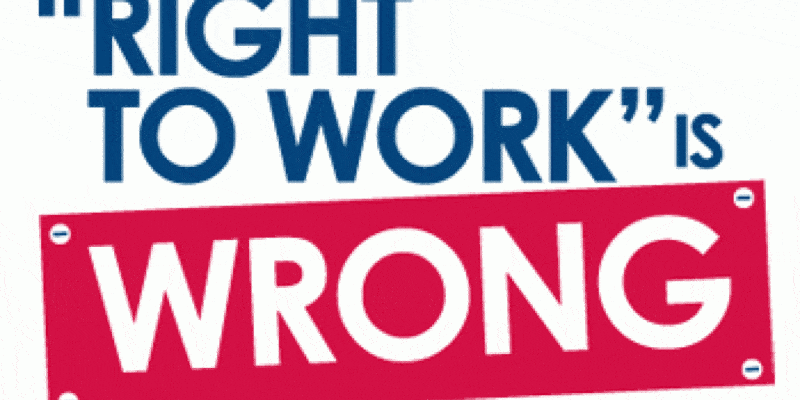BY LAURA FAITH KEBEDE
MAY 14, 2019
About 200 more Memphis students will be able to work toward certification in construction jobs next year thanks to a two-year state grant and an additional curriculum announced Tuesday.
The after-school program, known as Pre-Apprenticeship Certificate Training, or PACT, is Gov. Bill Lee’s latest push to train more high school students to enter careers straight out of high school in areas such as masonry, carpentry, landscaping, painting, plumbing, and construction technology.
“I’ve long known that there is a shortage of those skilled workers because we have left that part of education out of our public school system for decades,” said Lee, who ran a similar training program out of his family business in Williamson County.
“They have giftings and skills that college kids don’t, and yet we do very little to direct paths for them in successful careers,” he added.
The program is meant to help bridge the gap between young people looking for work and companies that can’t fill construction jobs. Memphis has the nation’s highest rate of youth not working or in school. As more building developments spring up, some companies have even turned down projects because they don’t have enough workers, according to local media reports. Memphis was named one of the fastest growing markets in construction in 2017 by the Associated General Contractors of America.
“Understanding what this program is about really gives me as the president of a company in the building industry a huge sigh of relief,” said Jennifer Ransom of The Ransomed Group.
About 100 students at five high schools this year were certified in skills required for construction jobs, but Shelby County Schools hopes to dramatically increase that number through the new program, said Tanika Lester, the district’s manager of college and career technical education programs. About 2,400 students earned certifications across more than a dozen other career fields this year – more than double the district’s goal, Lester said.










